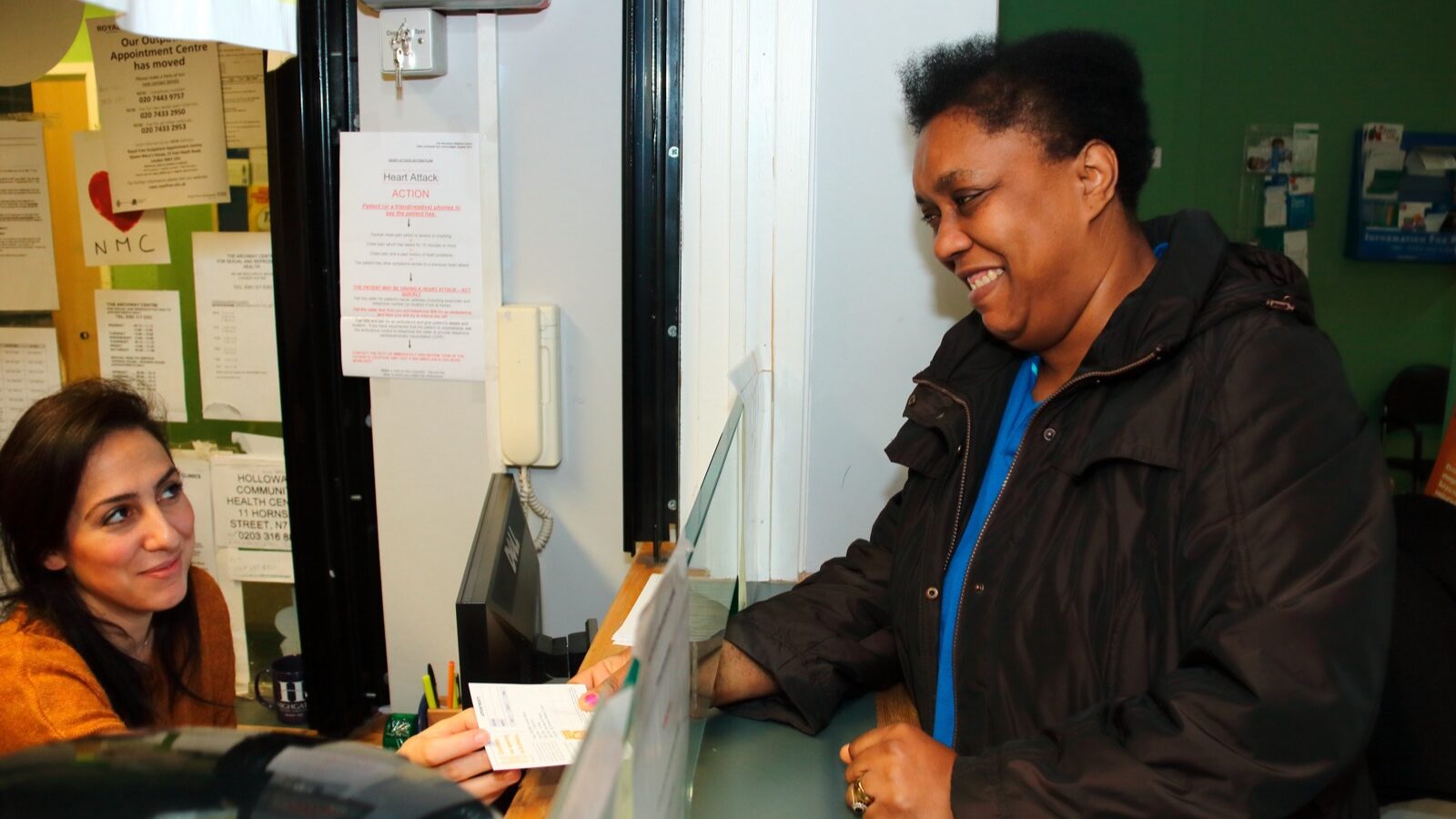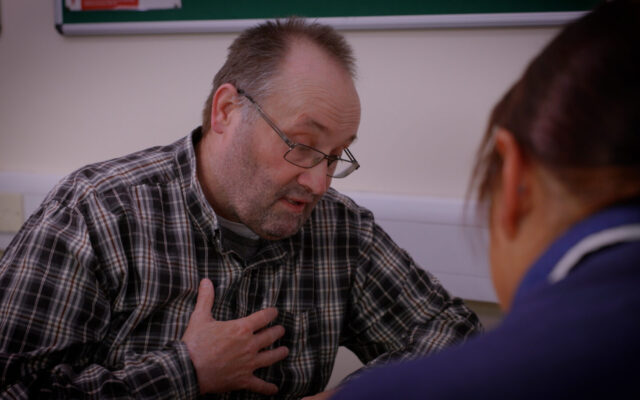It is not too early in the tenure of the new Labour government to question how it could help to improve the lives of people with learning disabilities.
Leaving aside the obvious, thorny issue of social care reform and funding – this isn’t looking good, given Keir Starmer’s admission in August that the autumn budget will be “painful” – one strategy is to involve people and their families in drawing up solutions.
One policy area in need of focus is health inequality; people with learning disabilities have an average life expectancy more than 20 years less than members of the general population.
A collaborative approach from policymakers would make positive, sustainable change more likely. As independent nurse consultant Jim Blair writes, those directly impacted must be engaged in drafting health policies.
Direct collaboration in this way offers the powers that be the greatest chance of finding out exactly where the gaps are – and how to respond.
Laws alone do not prevent discrimination or appalling failures in care, as Mary O’Hara reminds us. But specific learning disability legislation could help if it had teeth – enforceable policies – and if it were monitored by an expert panel with direct experience, as well as regulators.
Research without sense
It is not just the authorities who fail to include the real experts, as Chris Hatton explains. In research, deep, meaningful involvement of those affected is still missing. It makes no sense that many studies are drawn up, funded, conducted and published without the true involvement of people directly impacted by the issues researchers are examining.
So given this general lack of participation – and to remind us what’s possible – we feature a regional project that involved people making GP services more accessible.
Direct collaboration in this way offers the powers that be the greatest chance of finding out exactly where the gaps are – and how to respond.
For now though, as artist Robin Meader asks through his Community Living cartoon, the Tories ignored the needs of people with learning disabilities – is Labour any better?





